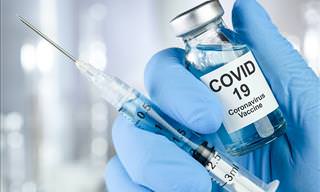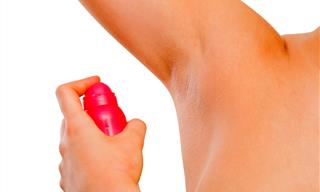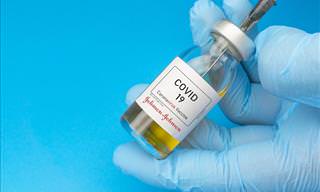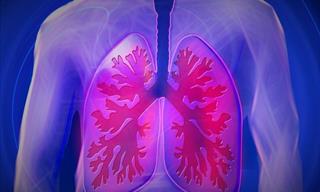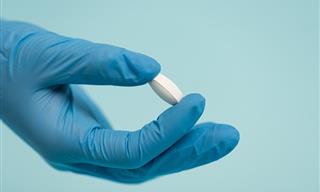With the COVID-19 Pandemic firmly in the forefront of each of our minds, people are finding different ways to stay safe, including self-isolating and purchasing or improvising DIY PPE (personal protective equipment, like masks and bodysuits). Not everyone, however, has been as enamored by the idea of wearing PPE. Many protests and controversies have arisen regarding the use of masks, claiming not only the ineffectiveness of masks at protecting against the virus but also that they are uncomfortable and can even negatively affect the wearer's ability to breathe. Numerous scientists have conducted successful experiments in the past few months to prove masks are indeed effective in slowing down the spread of the virus. In fact, one doctor ran an entire marathon with his mask on and his oxygen monitored, just to prove this very point.

Wearing a mask has been labeled by medical professionals all over the world as a vitally important tool in curbing the spread of the COVID-19 pandemic. One scientist even conducted an experiment that showed how masks blocked droplets of respiratory fluid that comes from the mouth and throat whenever we speak or even breathe.
The scientist in question, Dr. Rich Davis wrote "I sneezed, sang, talked and coughed toward an agar culture plate", which was done once with and then without a mask to determine the bacteria colonies that formed as a result. Almost no bacteria colonies were formed when the mask was worn as they were largely blocked. This simple experiment is clear proof that masks can aid in preventing the spread of bacteria, including the COVID-19 virus.

(By Philafrenzy, Wikimedia Commons)
However, that doesn't change the unfortunate fact that masks can be uncomfortable and misinformation regarding their usefulness is absolutely rampant. Numerous people have been exercising their right to not wear face protection, refusing to wear masks in shops that have a mandatory mask policy, and accosting other patrons of the store. People seen creating a disturbance and intentionally coughing or touching others in public places have been charged with assault, further emphasizing the importance of social distancing and using masks and other protective gear, for your own safety and the safety of others.
Moving past the claims of discomfort and skepticism are those who have been concerned that wearing a mask affects their oxygen levels, making it difficult for them to breathe and therefore more harmful and possibly increasing susceptibility to the virus. The concern is common as most of us have likely felt our breathing strained behind a mask, causing discomfort and an urge to run home so we can take it off. But the question itself had yet to be conclusively answered. Does wearing a mask negatively impact the oxygen levels of the wearer?

The first doctor to determinedly answer the question was Dr. Megan Hall, who donned 3 different masks for 5 minutes each to determine how her oxygen levels were affected. These were her findings:
Without a mask: 98% oxygen, heart rate 64
Surgical mask: 98% oxygen, heart rate 68
N95 mask: 99% oxygen, heart rate 69
N95 plus surgical mask: 99% oxygen, heart rate 69
Dr. Hall's results showed that there were no significant changes to our oxygen levels or heart rates caused by wearing the different types of masks, as claimed by many. The initial discomfort will likely pass with time. But skeptics and scientists are two types of people never satisfied. While Dr. Hall's experiment made waves, many still remained convinced that long term use of masks would surely result in breathing problems, low oxygen levels, and other harmful side effects.

Dr. Tom Lawton, who works in an ICU in the UK, took Dr. Hall's test from the penultimate question to the ultimate. Hoping to address the claims and concerns being raised by people world over, and seeking to curb the rampant spread of misinformation about a small resource currently widely available that can potentially help save lives, Dr. Lawton did his own experiment as well. He ran a 35k marathon (22 miles) with a mask on and tracking his oxygen levels to see the long-term effects.
Using a pulse oximeter, he monitored his oxygen levels throughout the race. The readings remained 98-99, which are considered to be normal oxygen levels. Dr. Lawton admitted the mask was uncomfortable and certain parts of the experience unpleasant, especially while sweating. However, his hope is to reach out to the people who do want to wear a mask but are simply frightened by the possible consequences. Prolonged use of the mask, even while performing a strenuous activity has no effects on breathing and oxygen intake. Despite the inconvenience they may cause, masks continue to remain a highly effective and perfectly healthy way to stay safe.
If you found this article useful, please pass it on and share it!
 Go to BabaMail
Go to BabaMail






































